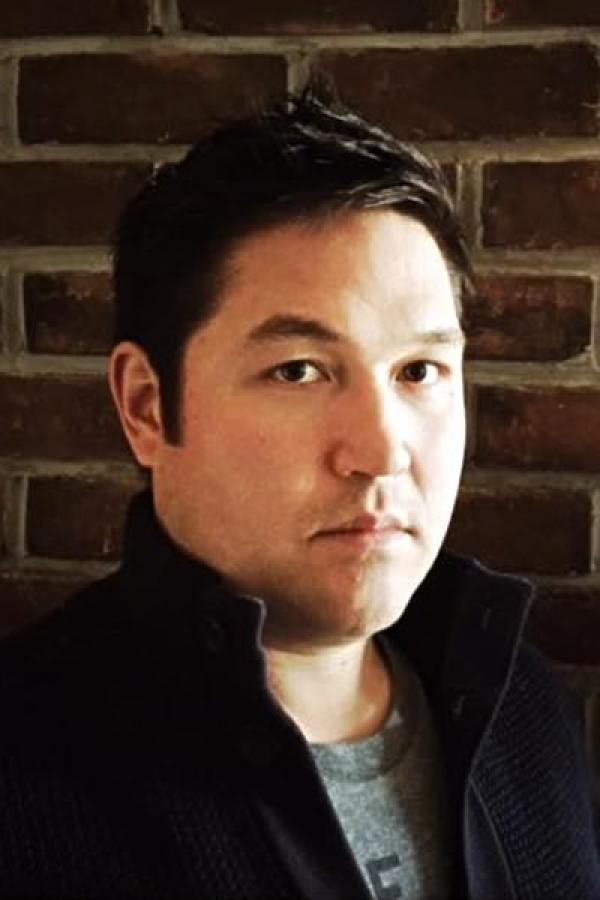Michael Croley

Photo by Mary Ellen Lavelle
Bio
Michael Croley was born in the foothills of the Appalachian Mountains in Corbin, Kentucky. His work has appeared in Narrative, Kenyon Review Online, The Paris Review Daily, Blackbird, Virginia Quarterly Review, The Southern Review, Fourth Genre, and the Cleveland Plain-Dealer. He lives in Granville, Ohio and teaches creative writing at Denison University.
Author's Statement
Like a lot of writers, I'm also a teacher. And teaching takes work and time. A lot of it. That means time away from my writing and when I'm not writing, practicing the craft I profess about three days a week, I sometimes feel my sense of self being diverted, that I am more a teacher than a writer. I struggle with even saying something like this, because it makes it seem like I think teaching is lesser, or a necessary evil, when that isn't the case at all. I'm privileged to be a teacher. I'm lucky to have a job in this tough academic market. I love teaching but what I don't love is when I'm not writing very much because of my responsibility and duty to my students. I get in a funk over this from time to time, and then that can be compounded when the successes aren't coming my way as I would like, leading me to feel like an imposter at the front of the room.
This is why being named an NEA Literature Fellow for 2016 was so important to me. When I got the call I was in my car traveling to Virginia. I nearly took my sedan into a guardrail when Mo Sherriff told me congratulations. I needed some of the validation that came with that news, which was that I was a writer who could pursue my dreams. The award allowed me to feel that the work I've been doing, both the teaching and the writing, can coexist and that the stories I want to tell—that I've been telling—are good enough and that all I need to do is keep sitting at my desk.
from "Satellites"
"Daddy, why were you there?"
There's another deep breath. "I was looking at some land," he says. "Just outside of town."
"What for?"
"I'm thinking of buying it and moving there."
"When were you going to tell me?"
"Soon," he says.
"You'd just leave?" she asks. "You've never lived anywhere else."
"There isn't anything here anymore," he says. "Just you. And you've got your own life. I know you've put it on hold because of this year."
He stops short of saying he's sorry and Alice is glad. She doesn't know if she could stand to hear it. As she looks down on the truck, thinking about the heat in the cab, how he's all alone, surrounded by the night, she knows he'll move away, they'll continue to drift apart. And she wants to say to him it doesn't have to be like that. They can talk about her mother and what he misses, what life has been like, but she knows she can do nothing for him but go on being his daughter.
Resigned, she's ready to tell him goodnight and to come inside when he gets tired, when she hears a sound.
"Did you hear that?"
"No," he says. "Let me cut the engine."
The parking lights and brakes shut off and only the slight metal tint of the truck glows in the darkness.
"It sounded like the lion," she says.
"Your mind's running wild."
"How can you be sure?" she asks.
"I can't."
"Daddy."
"It's late, honey. I'll come up to the house in a little while. You go rest. Sleep."
"You promise to come back?"
"I do," he says.
"Satellites" originally appreared in Narrative Magazine

